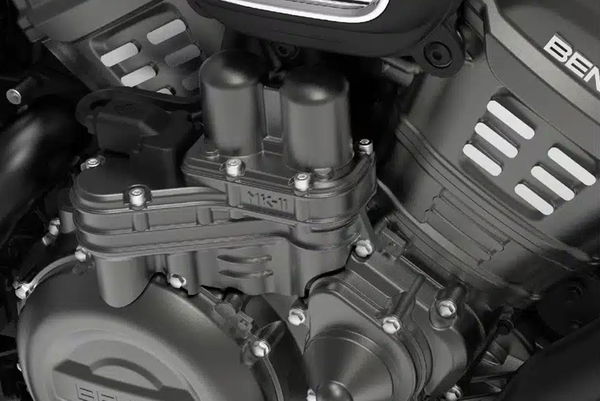EU End-of-Life Vehicle Rules Could Spell Trouble for Motorcyclists
Proposed EU end-of-life vehicle laws could see motorcycles swept up in red tape, with dire consequences for restorers, collectors and everyday riders.
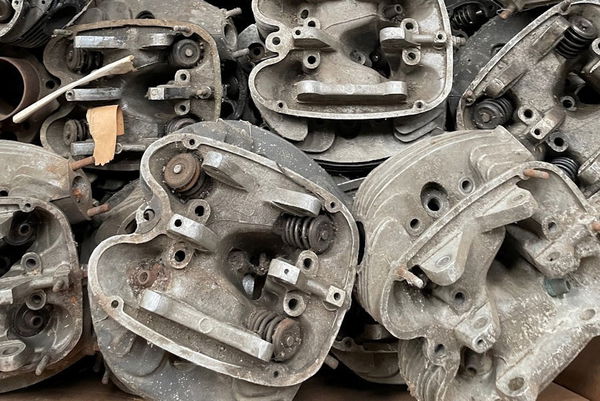
The European Commission is quietly pushing through sweeping changes to its End-of-Life Vehicles (ELV) Directive, and if you ride, restore, or collect motorcycles, it’s time to pay attention.
Now (and I'll get this in early), before you say “Well, we left the EU so there’s no chance of that happening here!” Don’t be so sure. I’m quoting the organisation ScrapCarNetwork.org (which reports on the scrap and vehicle recycling industry), which said on the matter:
“Although the United Kingdom has transitioned out of the European Union, the principles and requirements of the ELV Directive have been incorporated into UK law and continue to be enforced”.
Basically, unless we make enough noise in opposition to this, the UK government could blindly follow suit.
For the first time, motorcycles could fall under the same stringent rules that currently apply to cars, vans and trucks. On paper, it’s all part of the EU’s grand plan for a more sustainable, manufacturing environment. Vehicle gets made, gets used, reaches its end of life, gets recycled into another vehicle. It’s the kind of mechanical circle of life that has people in Brussels getting all dewey-eyed. In practice, it could be disastrous for the motorcycle community. Here’s why.
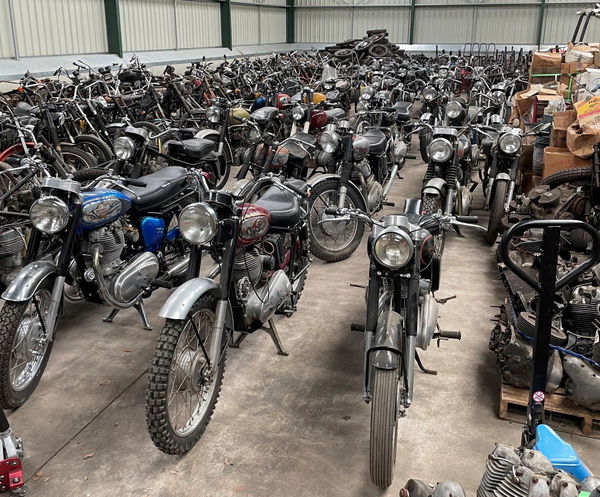
The updated ELV regulation aims to ramp up recycling targets, tighten up on electric battery disposal, and shift more of the burden onto manufacturers through Extended Producer Responsibility (EPR) measures. But this one-size-fits-all approach overlooks how motorcycles are already setting a high bar when it comes to reuse, repair, and keeping vehicles on the road far beyond their original lifespans.
But the thing is, bikes already take much smaller amounts from the environment to start with. They use less metal, meaning less mining has to be done, and use less plastics meaning a reduction in harmful emissions into the atmosphere. They also, and this is one that often gets missed, take a hell of a lot less paint, and that can be (if the vapour and waste water isn’t handled properly) a huge problem for the environment.
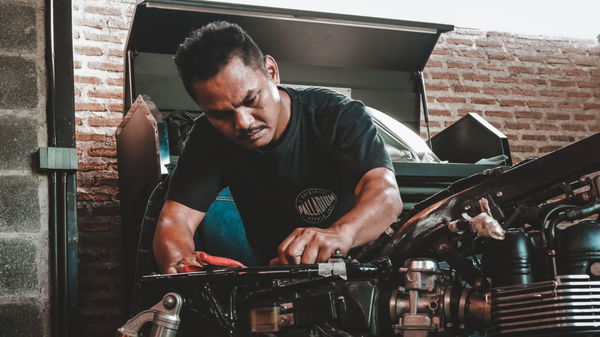
The EU’s proposal doesn’t just pose an administrative headache, it’s a potential wrecking ball for grassroots motorcycling culture. From backyard builders and independent workshops to classic collectors and small-scale restorers, the new rules risk criminalising the kind of passionate, sustainable activity that’s been the backbone of biking for decades. Unlike the car industry, the motorcycling world thrives on informal parts reuse and community-led repairs. FEMA quotes a study in the Nordic countries, which found that over 60 per cent of motorcycle parts are reused, compared to just 15 per cent in the automotive sector. That efficiency could be swept away by what many see as needless red tape. This isn’t green progress, it’s regulatory overkill.
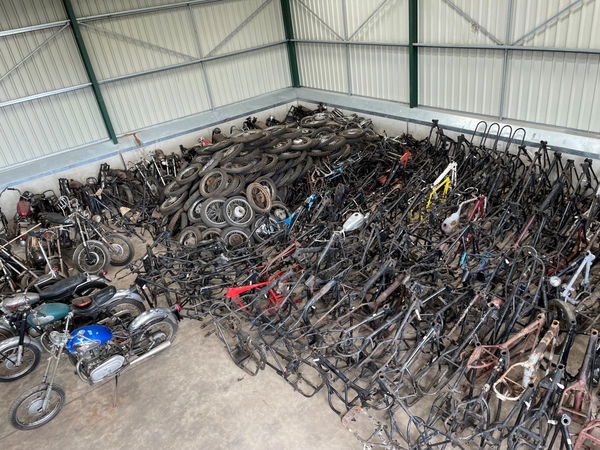
Even worse, the proposed rules could hand power to bureaucrats to decide when a bike’s life is over. If a motorcycle is declared “irreparable”, even if it’s a restoration project or future classic, you could be forced to scrap it. No exceptions are currently proposed for incomplete restorations, culturally significant bikes, or machines over 30 years old. If it’s not roadworthy, it might be labelled waste. I’ve got a 30-year-old Ducati sitting in my garage right now that, under these proposals, would be scrapped, just because it’s a part-finished restoration of a certain age.
The Federation of European Motorcyclists’ Associations (FEMA) is already sounding the alarm, urging riders to contact MEPs and national ministers before it’s too late. They’re pushing for common-sense amendments to the draft law.
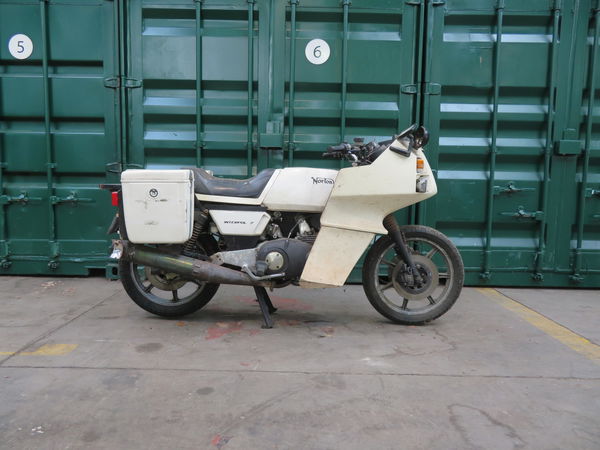
FEMA is pushing for all motorcycles to be excluded from the rules, along with recognition of hobby bikes, classics, vintage and restoration projects over 30-years old. It also wants more detail on what the phrase ‘end of life’ means - is that when it stops being ridden to work, or when it gets placed into a collection and never ridden again? It wants us to be free to buy, sell and export parts for restoration projects (bikes that would otherwise be classed as at their end of life) without restrictions, and wants it to be down to the owner of a bike to decide when exactly the end of life for their bike has been reached.
No one’s arguing against environmental responsibility. But this push to fold motorcycles into car-centric legislation feels tone-deaf and out of touch with how motorcyclists live, work, and ride. Unless serious changes are made, this could end up sidelining sustainability in the name of regulation, and leave thousands of good bikes needlessly scrapped in the process.
Find the latest motorcycle news on Visordown.com
